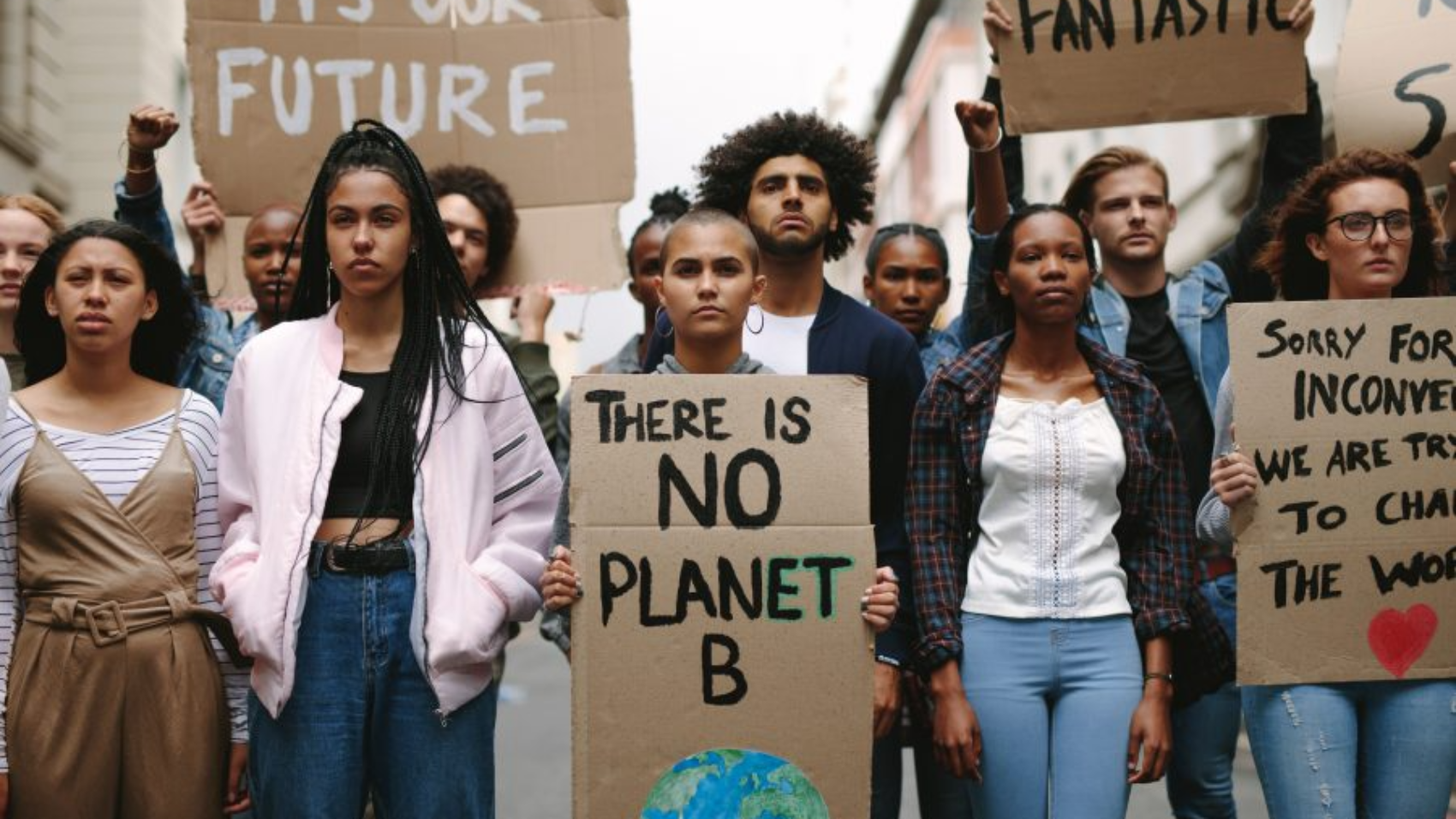
Part of the solution in raising climate crisis awareness is involving the youth more, and this can be done through the education system. There are countless other ways, like mobilizing youth in cities and villages, with the government and other entities funding them for different climatic projects.
Nigeria has its share of climatic calamities like rising sea levels, plastic pollution, and deforestation affecting the West African nation. Conversely, the country is taking steps to change the current situation by bringing the education system on board. The ‘Green Earth Initiative’ is one of the projects involving student competitions.
The project aims to raise awareness about the need for climate action and encourage students to become powerful advocates and writers in the climate action community. The group is calling for financial aid for the success of the ambitious project, where participants will get participation awards and certificates.
On the East side, you’ll find 10-year-old Karen Wanjiku Kimani, a young climatic pioneer from Kenya and a winner of numerous awards for her efforts. “As future generations, it is important that we are not overlooked in some of the programs or activities regarding protecting the planet. Our leaders must catch us young. After all, we will be the ones to gain or suffer tomorrow due to the policies and actions being implemented today.” Karen talking to African Development Bank
Another avenue for the Kenyan youth to be involved in the nation’s long-term plan to plant 5 billion trees by 2030. The project means every Kenyan should plant 300 trees. With the youth mobilized in the formulated SHAMBA SYSTEM, they can help reduce the government’s cost, which is projected to be 600 billion. Moreover, the initiative can solve the staggering youth unemployment in Kenya.
Through the words of Karen Wanjiku, the youth are actively involved as they are the ones to feel the impact of not conserving our planet. More efforts like that initiated in Nigeria are essential for creating awareness and are needed around African school systems. This is a long-term solution for climate change in Africa.






